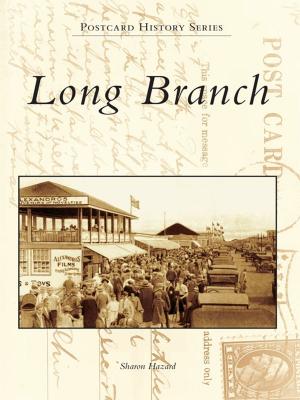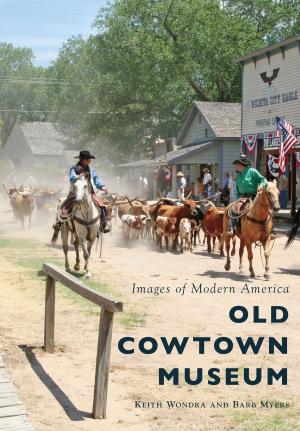Buffalo's East Side Industry
Nonfiction, Travel, Pictorials, Art & Architecture, Photography, History| Author: | Shane E. Stephenson | ISBN: | 9781439656334 |
| Publisher: | Arcadia Publishing Inc. | Publication: | June 27, 2016 |
| Imprint: | Arcadia Publishing | Language: | English |
| Author: | Shane E. Stephenson |
| ISBN: | 9781439656334 |
| Publisher: | Arcadia Publishing Inc. |
| Publication: | June 27, 2016 |
| Imprint: | Arcadia Publishing |
| Language: | English |
By 1832, when Buffalo was incorporated as a city, the East Side represented a vast forested area and farmland cut with the beginnings of the major arterials of Genesee, Sycamore, Broadway, William, Clinton, and Seneca. These streets were laid out in 1826 and represented the seeds of the East Side's explosive growth. Along these radial thoroughfares, the development of railroads and the Buffalo Belt Line, constructed in 1883, created a semicircle pattern that outlined the East Side. Industries began sprouting up, eager to use their proximity to the belt line to transport wares all over the country. Immigrants from Germany, Poland, and Ireland, along with African Americans from northern and southern states, began establishing their lives around these industries. Access to land, water, roads, and rail lines and eager immigrants and natives looking for work led to the development of Buffalo's East Side industry, an immensely diverse industrial base and workforce.
By 1832, when Buffalo was incorporated as a city, the East Side represented a vast forested area and farmland cut with the beginnings of the major arterials of Genesee, Sycamore, Broadway, William, Clinton, and Seneca. These streets were laid out in 1826 and represented the seeds of the East Side's explosive growth. Along these radial thoroughfares, the development of railroads and the Buffalo Belt Line, constructed in 1883, created a semicircle pattern that outlined the East Side. Industries began sprouting up, eager to use their proximity to the belt line to transport wares all over the country. Immigrants from Germany, Poland, and Ireland, along with African Americans from northern and southern states, began establishing their lives around these industries. Access to land, water, roads, and rail lines and eager immigrants and natives looking for work led to the development of Buffalo's East Side industry, an immensely diverse industrial base and workforce.















